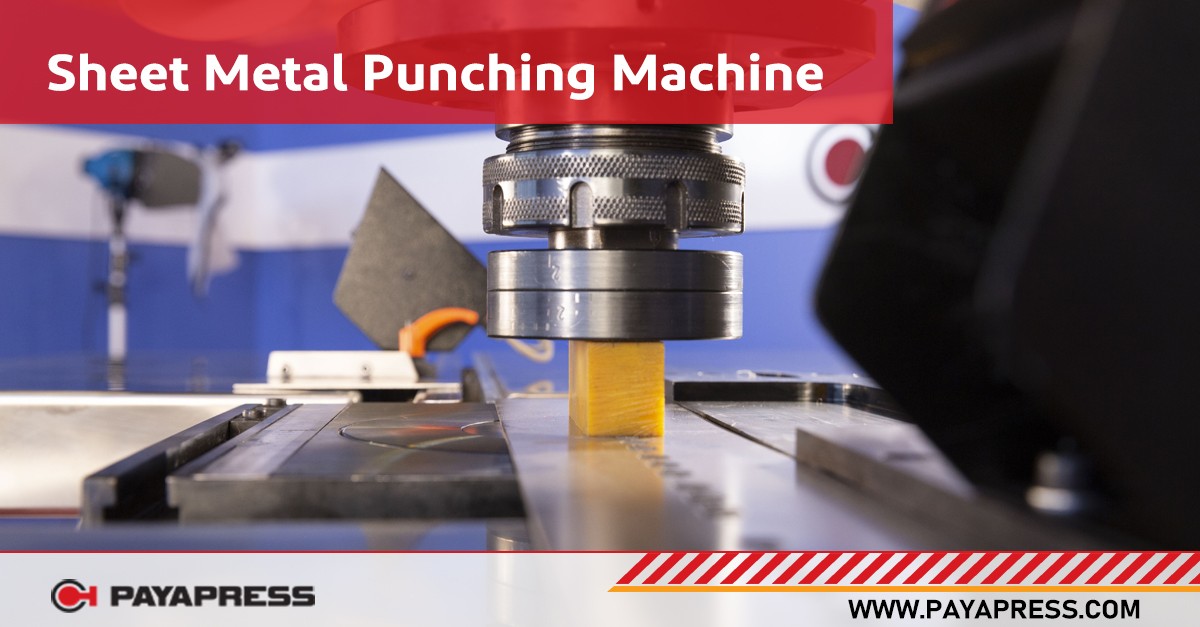In the ever-evolving landscape of technology, busbar machine have emerged as the driving force behind transformative changes across various industries. From healthcare to finance and manufacturing to entertainment, the integration of machine intelligence has paved the way for unprecedented progress and innovation. These intelligent machines, powered by artificial intelligence (AI), are not only enhancing productivity but also reshaping the way we work, live, and interact with the world.
Artificial intelligence, often referred to as AI, lies at the heart of this machine revolution. It is the branch of computer science that empowers machines with the ability to learn, reason, and make decisions akin to human beings. Machine learning, a subset of AI, equips these machines with the capability to improve their performance over time through continuous data analysis. This transformative technology enables machines to handle complex tasks and solve problems that were once considered the exclusive domain of human intellect.
One of the most notable applications of AI-driven machines is in the realm of healthcare. Machine learning algorithms can analyze vast amounts of medical data to assist in disease diagnosis, predict patient outcomes, and recommend personalized treatment plans. This not only enhances the accuracy of medical diagnoses but also ensures that patients receive tailored care based on their unique health profiles.
In the field of finance, machines are revolutionizing the way we manage investments, detect fraudulent transactions, and make financial predictions. AI-driven algorithms can process vast datasets in real-time, helping traders and financial institutions make more informed decisions. Furthermore, these machines are instrumental in the development of robo-advisors, which offer automated and cost-effective investment management services to a broader range of individuals.
Manufacturing has also witnessed a significant transformation with the introduction of intelligent machines. Industrial robots equipped with AI capabilities can perform complex tasks with precision, reducing production errors and improving overall efficiency. This not only leads to cost savings but also enhances the quality of products, resulting in greater customer satisfaction.
